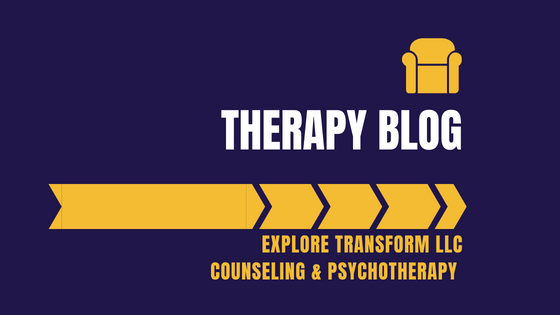|
On Friday I had the honor of an invitation to the United Nations. I attended the Transgender Care Expert Panel, and I was eager to find out how I, as a psychotherapist who work with transgender, nonbinary, gender diverse and gender questioning people, can help tackle discrimination at a structural level. I only got a chance to speak at the end, so you will find me at minute point 1.01:54 onwards. The answer I got was a little brief, but it is the start of a debate that I hope to continue. The United Nations video also contains useful resources, so please do share this -
http://webtv.un.org/watch/panel-discussion-on-transgender-society/6053662594001/ Too often I find that the changes that need to take place are not necessarily at an individual level (ie, within the individual psychotherapy sessions I provide). A great deal of the anxiety and depression is caused by the discrimination experienced by people who are transgender, nonbinary, gender diverse and gender questioning. And we cannot ignore the shocking statistics: “48% of all transgender adults report that they have considered suicide in the past 12 months, compared to 4% of the overall US population” (NAMI). I encourage you to share the United Nations video and continue this dialogue. More importantly, I encourage you to identify ways to tackle discrimination at a structural level. Chris Warren-Dickins LLB MA LPC www.exploretransform.com |
Due to the COVID-19 health crisis, we are only offering sessions online.
Our address is 143 E Ridgewood Ave, #1484, Ridgewood, NJ 07450
Telephone: +1-201-779-6917
Lead clinician: Chris Warren-Dickins LLB MA LPC
EXPLORE TRANSFORM LLC
Our address is 143 E Ridgewood Ave, #1484, Ridgewood, NJ 07450
Telephone: +1-201-779-6917
Lead clinician: Chris Warren-Dickins LLB MA LPC
EXPLORE TRANSFORM LLC
© COPYRIGHT 2024 CHRIS WARREN-DICKINS. ALL RIGHTS RESERVED. NJ LICENCE # 37PC00618700



 RSS Feed
RSS Feed
